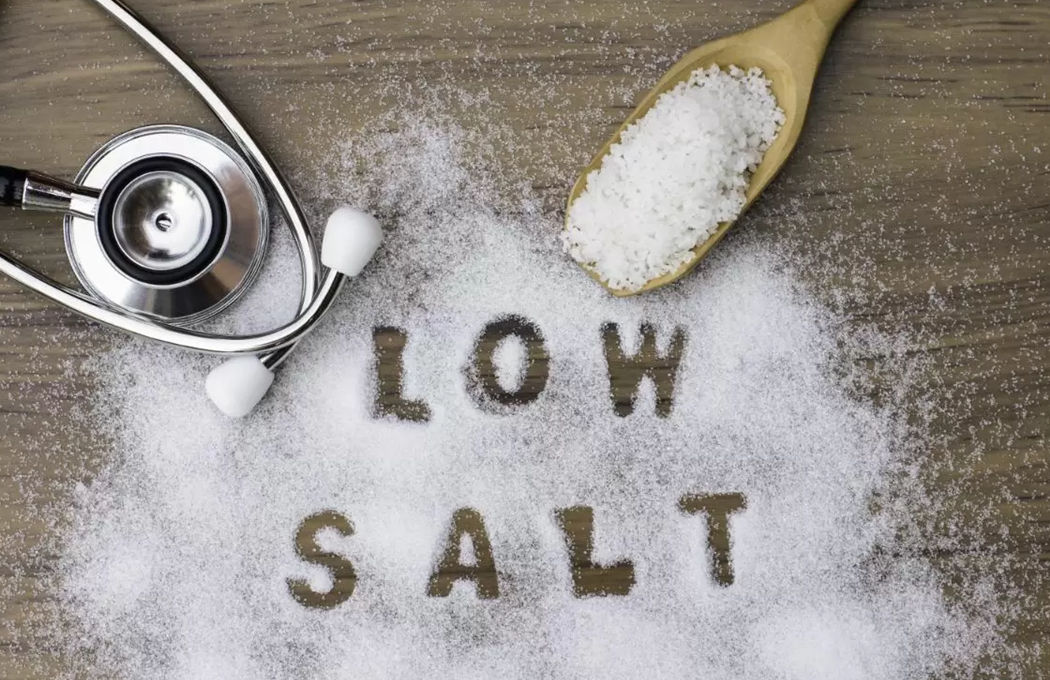A low-salt diet can help reduce your risk of high blood pressure. This is because eating too much sodium increases fluid levels in your body, which can lead to high blood pressure and other related medical issues like stroke or heart attack. By reducing how much salt you consume, you’re decreasing the amount of sodium in your bloodstream and helping maintain healthy levels of blood pressure.
Eating less salt also helps boost kidney function. Too much sodium in the body can cause damage to cells in the kidneys, leading to an inability for them to function properly or filter out waste products from your body efficiently. With a low-salt diet, this risk is decreased as there’s less strain on these vital organs.
Additionally, cutting back on salt intake has been shown to improve cholesterol levels by increasing HDL good cholesterol while lowering LDL bad cholesterol levels in individuals with high cholesterol levels already present before starting a low-salt diet regimen. This improvement benefits cardiovascular health as well as overall well-being due to lower risks associated with heart disease and stroke when following such dietary guidelines.

Finally, reducing how much salt you eat has also been linked with weight loss benefits since it encourages people to make healthier food choices overall rather than just focusing on avoiding salty snacks or processed foods that are typically high in fat and calories but still contain lots of sodium as well. Eating whole foods such as fruits and vegetables instead will offer more beneficial nutritional value than those higher calorie/higher fat options while still keeping things flavorful without relying solely on added salts or seasonings for taste enhancement purposes only.
Overall, understanding the importance of limiting one’s daily salt intake is key when attempting to maintain optimal physical health long-term; by doing so there are numerous advantages that come along with following a lower carbohydrate regime such as improved blood pressure regulation and increased protection against developing specific illnesses like heart disease or stroke down the line all beneficial outcomes worth considering when attempting any form of dietary change moving forward!

